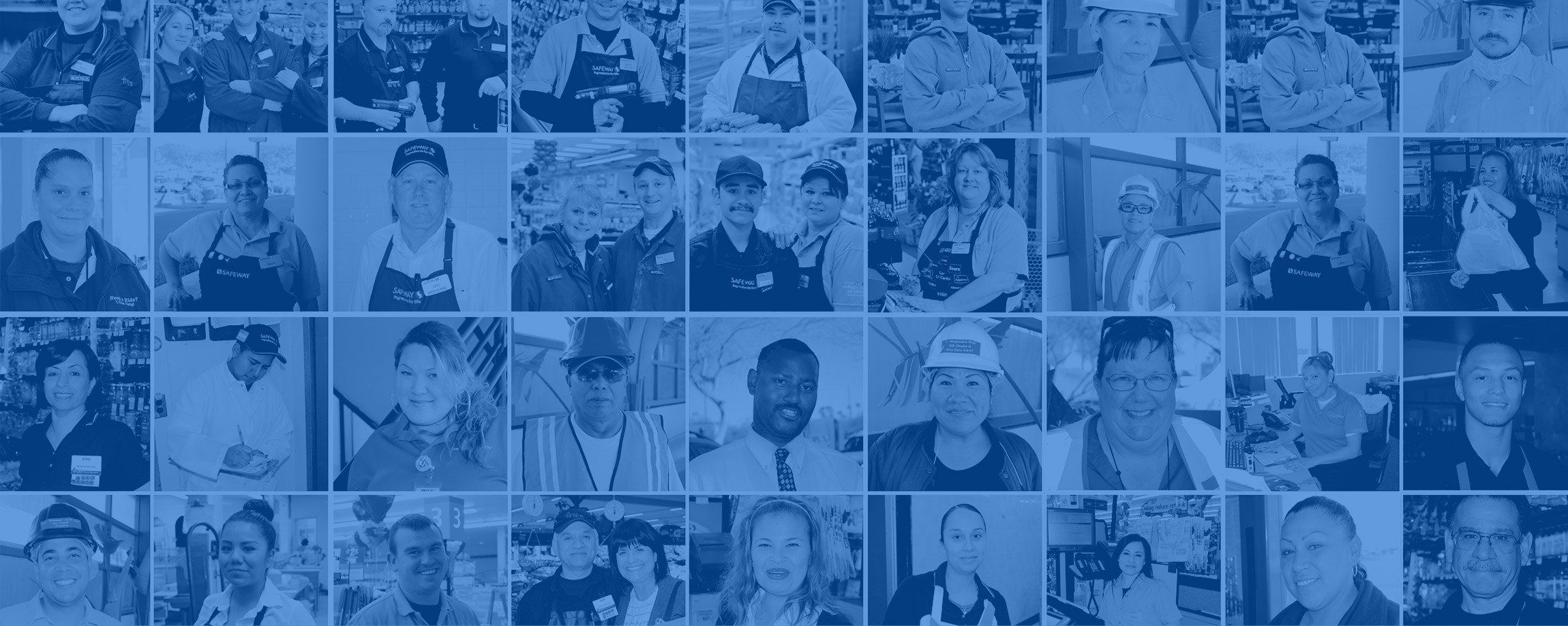By Sapna Maheshwari and
Source: The New York Times
When Enrique Romero Jr. finishes his shift fulfilling online orders at a Fred Meyer grocery store in Bellingham, Wash., he often walks to a nearby plasma donation center. There, he has his blood drained, and a hydrating solution is pumped into his veins, a process that leaves him tired and cold.
Mr. Romero, 30, said selling his plasma made him feel “like cattle.” But the income he earns from it — roughly $500 a month — is more reliable than his wages at Fred Meyer, which is owned by the grocery giant Kroger. His part-time hours often fluctuate, and he struggles to find enough money to cover his rent, his groceries and the regular repairs required to keep his 2007 Chevy Aveo on the road.
“The economy we have is grueling,” he said.
Business has boomed during the pandemic for Kroger, the biggest supermarket chain in the United States and the fourth-largest employer in the Fortune 500. It owns more than 2,700 locations, and its brands include Harris Teeter, Fred Meyer, Ralphs, Smith’s, Pick ’n Save and even Murray’s Cheese in New York City. The company, which is based in Cincinnati, said in December that it was expecting sales growth of at least 13.7 percent over two years. The company’s stock has risen about 36 percent over the past year.
